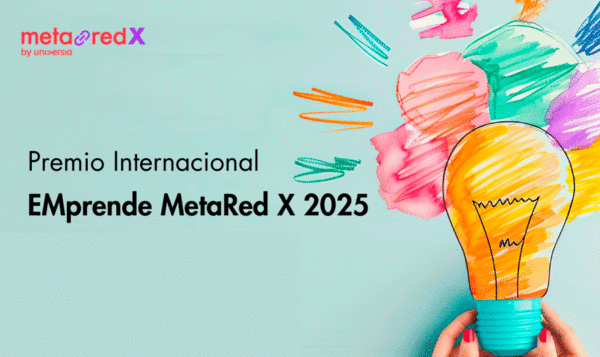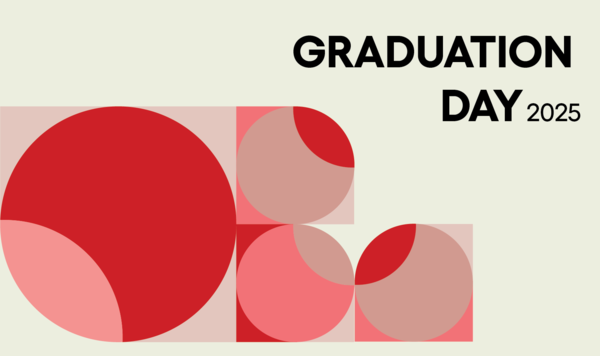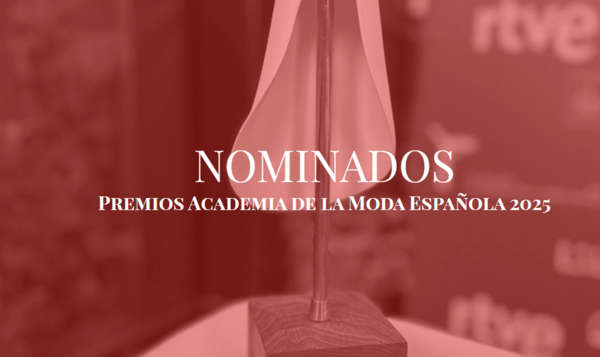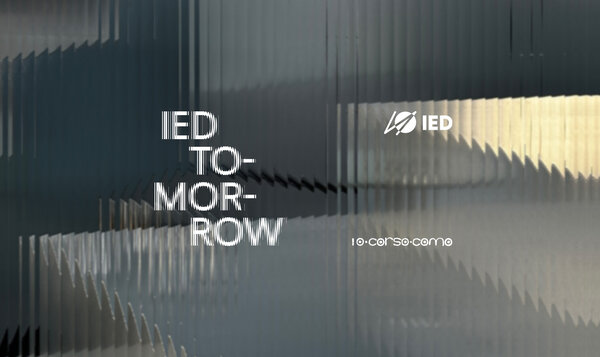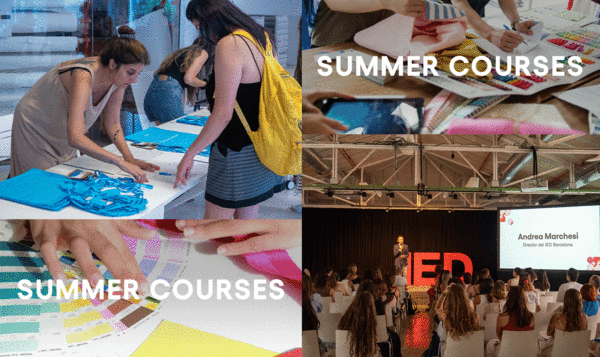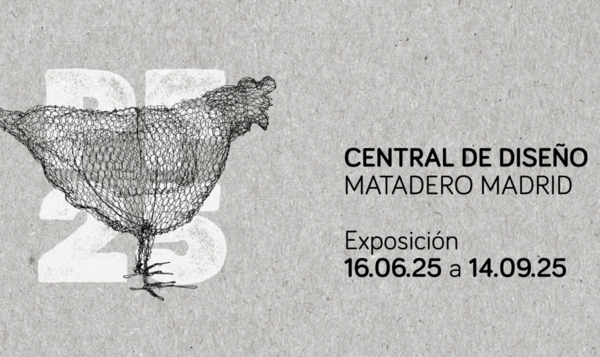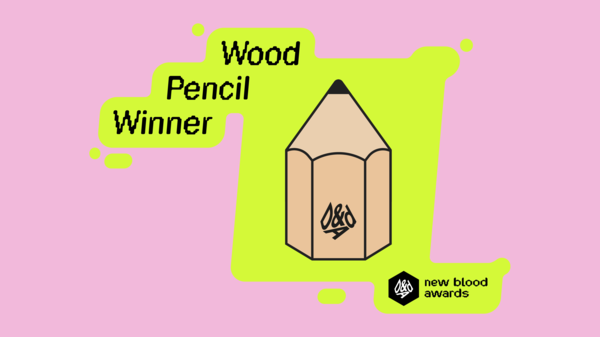Project management is an essential skill to ensure the success of a project, helping achieve goals within set timeframes and budgets.

Project Management: fundamentals, tools and methodologies
Date
15 April 2025
From fashion to design and communication, the ability to plan, coordinate and oversee each stage of a project is key to turning strategy into tangible results.
A skilled Project Manager goes beyond mastering tools and techniques - they possess a strategic vision, make decisions in complex contexts, lead teams, and respond to challenges with a solution-focused approach. To develop these cross-disciplinary abilities, structured and up-to-date training is crucial. It transforms theory into practice and equips professionals with a comprehensive foundation, adaptable to the demands of the working world.
IED responds to this need with training programmes designed to align with current industry requirements, including courses specific to the fashion sector, where project management is a vital tool to align creativity with strategy.
What is project management?
Project management encompasses the skills, methodologies, and techniques used to organise and manage all the resources and activities required to achieve a project’s specific objectives. It includes several phases—from setting objectives and planning activities, to resource management, progress monitoring, and closing the project with a final evaluation.
A crucial element of project management is risk management, which involves identifying and mitigating potential issues that may affect project success. As for roles, the Project Manager is responsible for the operational management of the project: they define the plan, assign tasks, manage the budget, and track progress. The Project Leader, on the other hand, focuses more on team leadership—motivating members, fostering collaboration, and resolving conflicts. While these roles often overlap, they may be distinct in larger or more complex organisations.
Project management tools
Project management tools are essential for effective project coordination. These shared platforms give team members real-time visibility over tasks, deadlines, and responsibilities, improving time management and reducing the need for status meetings or check-in calls.
Some of the most widely used tools include:
· Trello. An intuitive platform based on boards and cards, offering a visual task management system. Each activity can be broken into lists, allowing for phase-by-phase organisation, task assignment, and progress tracking. Ideal for teams that prefer a simple, comprehensive interface, Trello also integrates with many other apps. A free version is available.
· Asana. Provides advanced planning features with interactive timelines, task assignments, and progress reporting. AI integration enables automation of repetitive tasks, prioritisation suggestions, and workflow optimisation. Free for teams of up to 10 users.
· Jira. A tool tailored for software development teams, optimised for agile project management. Jira supports Scrum and Kanban methodologies, allowing for customised workflows and tracking of bugs, releases, and team activities. Offers a free trial period.
· Microsoft Project. An advanced solution for managing complex projects, featuring automated scheduling, task allocation, and resource management. With interactive Gantt charts and cost analysis tools, Microsoft Project helps maintain full control over timing and budgets. A basic plan is included with Microsoft 365.
Project management methodologies
There are various project management methodologies, each with its own characteristics and benefits. Some follow a clearly defined sequence of steps, while others emphasise flexibility and continuous collaboration. A good Project Manager knows how to choose the right approach based on the specific project needs. Here are three of the most widely used methods:
· Waterfall method. A linear approach where each project phase must be completed before moving on to the next. It is best suited to projects with clearly defined and stable requirements, where planning is straightforward and progress is easy to monitor. Due to its low flexibility, it is not ideal for complex or constantly evolving projects.
· Scrum method. Divides the project into fixed-length cycles, known as “sprints” (typically 1 to 4 weeks). Each sprint has clear goals, defined roles, and daily meetings to track progress and address issues. This method encourages team autonomy, but without effective management, it can easily become chaotic.
· Kanban method. A visual approach based on boards (physical or digital), where tasks are grouped into columns reflecting their progress (e.g., “To Do”, “In Progress”, “Completed”). It enhances visibility of workflows and is adaptable to any project type. However, without active priority management, it may be less effective, especially due to its lack of a clear time structure.
Project planning and development
To create an effective project development plan, it’s important to follow some key stages. First, define clear objectives and expected outcomes to set a precise direction. Then, analyse available resources—budget, timelines, and team skills. Next, break down the project into specific tasks, accompanied by a detailed timeline with realistic deadlines.
Another crucial step is risk identification and the development of appropriate mitigation strategies. Finally, establish an effective communication plan to ensure continuous information flow among team members, making it easier to monitor and adjust the project throughout its lifecycle.
Do you want to gain theoretical and practical skills in project management?
Explore IED’s training programmes in Design Strategy and Management and Fashion Communication and Management. Thanks to structured, practice-oriented courses, you’ll gain essential competencies to manage complex projects and develop a strategic vision for the sector.
For example, the Master in Brand Strategy and Management gives you the opportunity to deepen your knowledge of brand development and management techniques, strengthen your communication and marketing skills, and build leadership and team management capabilities.
With the Master in Arts Management, you’ll gain expertise in project planning, logistics, marketing and business, as well as the ability to adapt and mediate between content, artists, and spaces—the aspects that mark the success of an event.
